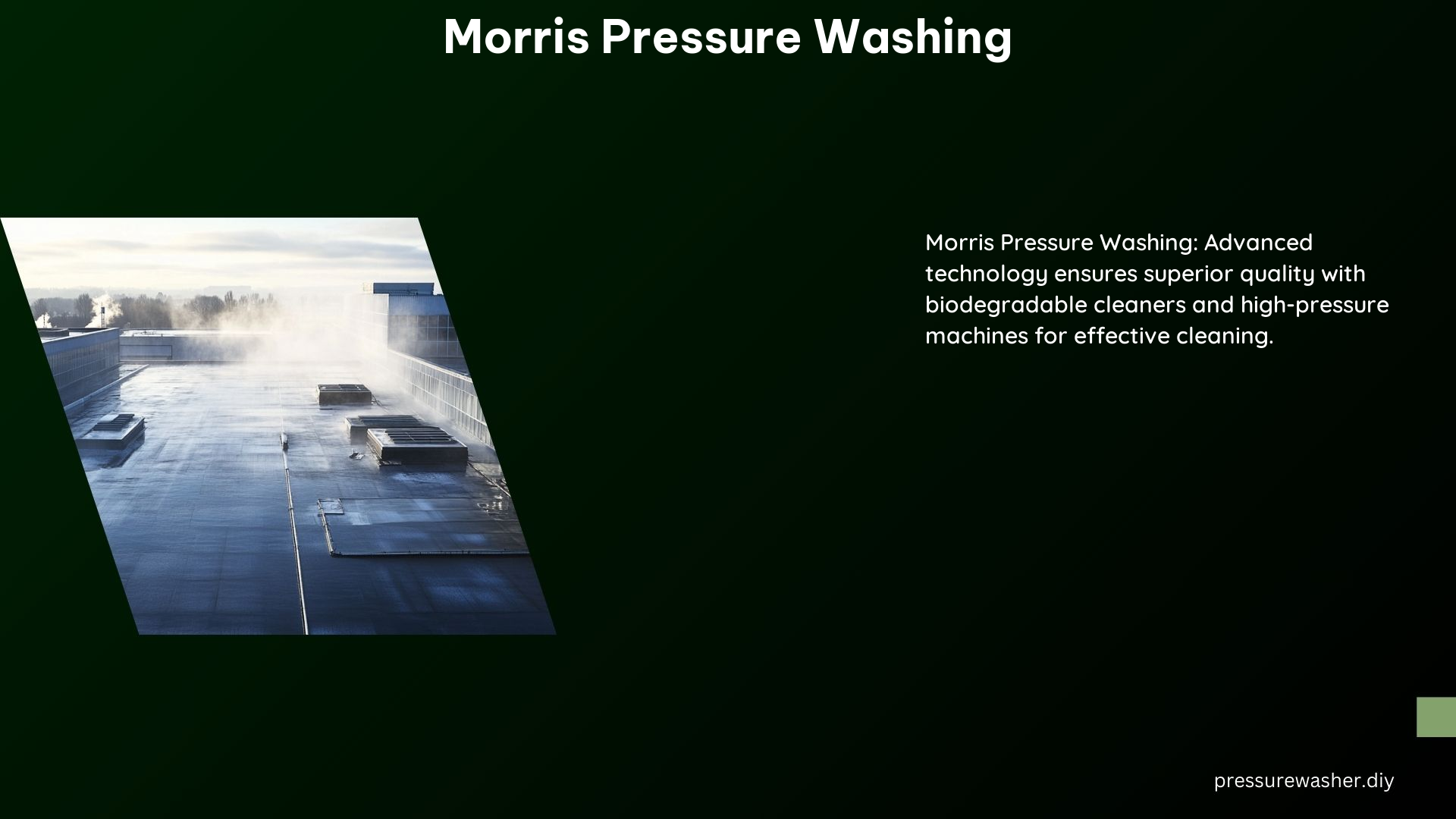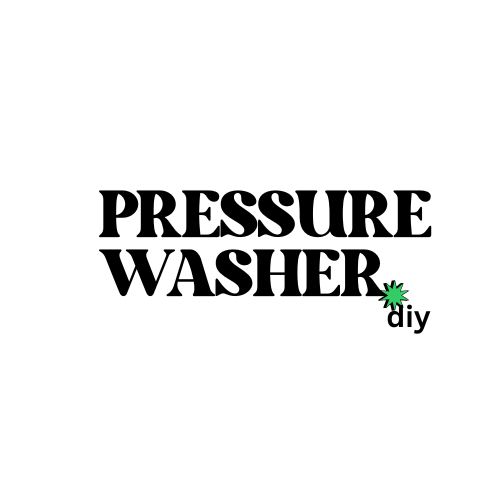Morris Pressure Washing is a comprehensive service that utilizes high-pressure water to effectively clean and restore the exterior surfaces of residential and commercial properties. From removing stubborn dirt, grime, and mildew to reviving the appearance of concrete, wood, and siding, this specialized technique offers a reliable and efficient solution for maintaining the pristine condition of your property.
Recommended Dilution Ratio for Chemical Mixtures
The recommended dilution ratio for chemical mixtures in Morris pressure washing varies depending on the specific cleaning solution and the surface being cleaned. Generally, a 1:1 to 1:3 ratio of cleaning solution to water is recommended for most exterior surfaces. However, for more delicate surfaces like softwood or painted walls, a lower concentration of cleaning solution (1:5 or 1:10) is advised to prevent damage.
Using Morris Pressure Washer on Delicate Surfaces

Yes, you can use a Morris pressure washer to clean delicate surfaces like softwood or painted walls, but with caution. It is essential to:
- Choose the right cleaning solution: Select a mild, biodegradable cleaner specifically designed for delicate surfaces, such as a pH-neutral detergent or a gentle, plant-based formula. Avoid harsh chemicals that could potentially damage the surface.
- Adjust the pressure: Lower the pressure setting to a range of 500-1,000 PSI to prevent damage to the surface. This lower pressure setting ensures a gentler cleaning action that won’t cause any unwanted abrasion or chipping.
- Use a wide fan tip: Opt for a 25-degree or 40-degree fan tip, which helps distribute the pressure more evenly across the surface and reduces the risk of localized high-pressure damage.
- Maintain a safe distance: Keep the nozzle at least 12 inches away from the surface to prevent damage from high pressure. This distance allows the water to gently clean the surface without causing any physical harm.
- Test a small area first: Always conduct a spot test on a inconspicuous area to ensure the cleaning solution and pressure setting do not damage the surface before proceeding with the full cleaning process.
Frequency of Morris Pressure Washing
The frequency of Morris pressure washing on your home’s exterior surfaces depends on several factors, including:
- Environmental conditions: If your home is exposed to heavy tree coverage, proximity to the ocean, or high humidity, more frequent cleaning may be necessary to prevent the buildup of dirt, mold, and mildew.
- Surface type: Different surfaces, such as concrete, wood, or vinyl, have varying cleaning needs and susceptibility to weathering and discoloration.
- Usage and traffic: High-traffic areas or surfaces with heavy usage, such as driveways, walkways, or entryways, may require more frequent cleaning to maintain their appearance and prevent damage.
As a general guideline, consider pressure washing:
| Surface Type | Recommended Frequency |
|---|---|
| Concrete and brick surfaces | Every 1-2 years |
| Wood and painted surfaces | Every 2-3 years |
| Vinyl and siding | Every 3-5 years |
Technical Specifications of Morris Pressure Washing
The technical specifications of Morris pressure washing equipment and services are designed to deliver optimal cleaning results while ensuring the safety and integrity of the surfaces being cleaned.
Pressure
The pressure range for Morris pressure washing typically falls between 1,000 to 4,000 PSI (pounds per square inch), depending on the surface and cleaning needs. For delicate surfaces, the pressure is adjusted to the lower end of the range (1,000-2,000 PSI), while for heavy-duty cleaning tasks, the pressure can be increased up to 4,000 PSI.
Flow Rate
The flow rate for Morris pressure washing equipment usually ranges from 2 to 8 GPM (gallons per minute). This flow rate ensures effective cleaning without wasting an excessive amount of water, making the process both efficient and environmentally responsible.
Temperature
Morris pressure washing services offer both hot water and cold water options, depending on the cleaning requirements. Hot water pressure washing, with temperatures up to 200°F, is often used for heavy-duty cleaning tasks, such as removing stubborn grease, oil, or built-up grime. Cold water pressure washing, on the other hand, is suitable for lighter cleaning tasks and is generally more gentle on delicate surfaces.
Cleaning Solutions
Morris Pressure Washing recommends the use of biodegradable, eco-friendly cleaning solutions to ensure the safety of the environment and the surfaces being cleaned. These solutions are carefully formulated to effectively remove dirt, mildew, and other contaminants without causing any damage or leaving behind harmful residues.
By understanding the technical specifications and best practices for Morris Pressure Washing, you can ensure that your exterior surfaces are cleaned thoroughly and safely, preserving their appearance and longevity.
References:
- Above All Pressure Cleaning. (n.d.). Retrieved from https://www.aboveallpressurecleaning.com
- Gallo Bros Power Washing. (n.d.). Retrieved from https://gallobrospw.com
- Yelp. (n.d.). Retrieved from https://www.yelp.com/search?cflt=pressurewashers&find_loc=Morris+County%2C+NJ
- Morris Power Washing. (n.d.). Retrieved from https://www.morrispowerwashing.com/commercial
- Morris Pressure Washing. (n.d.). Retrieved from https://morrispressurewashing.com/services/concrete-pressure-washing/
